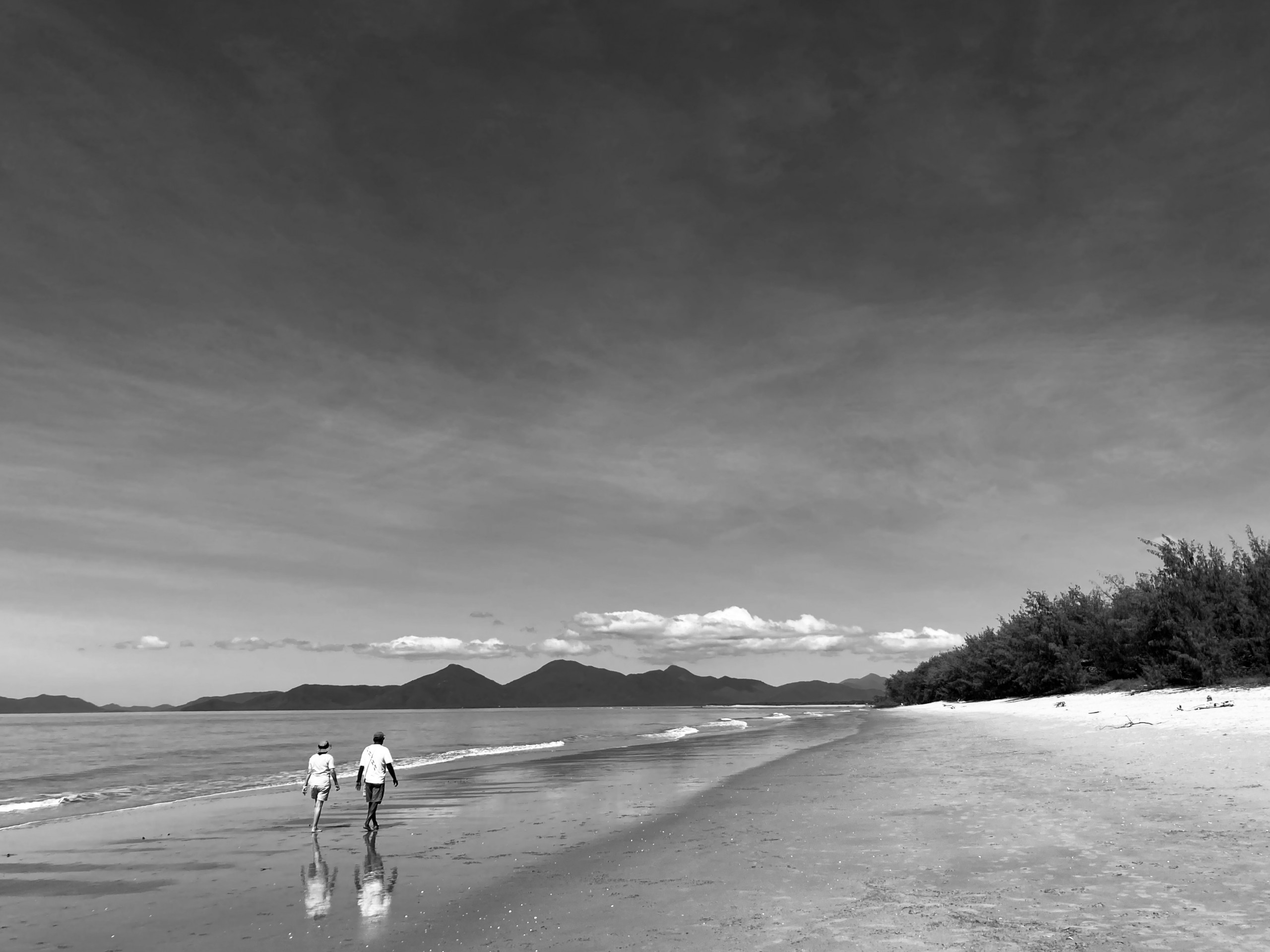One of the characteristics of high levels of emotional health is a deep desire to help others – to make a difference. This reflects the low degree of self-centredness we have discussed previously. However, perhaps somewhat paradoxically, this concern for others can sometimes lead to a shortfall in looking after ourselves.
In just the last couple of months, we have worked with a diverse range of groups populated by people with an authentic commitment to improving others’ lives and sustaining our planet. We worked with an amazing network of prominent and successful women dedicated to working in and with all facets of the environment, Women’s Environmental Leadership Australia. We continued our work with park rangers, co-facilitating annual gatherings in Queensland and then Victoria.
We worked with members of AIESEC, a community of enthusiastic, young student leaders from all over the world. And we have hosted two diverse groups of leaders on our most recent Leadership Experiences.
It’s fair to say that everyone from these groups generally operates above the line, taking on personal responsibility for their part in their community rather than turning to blame, defensiveness, denial and/or justification for their actions.
It is also fair to say that a great many of the participants in these groups tend to put the welfare of others before that of themselves.
And here lies the conundrum of maintaining an emotionally healthy state. While a high level of emotional health is associated with low degree of self-centredness, it also requires that we continue to do the work on ourselves, to look after our own physical and mental wellbeing.
This doesn’t mean looking after ourselves at the expense of others. What it does mean is sustaining ourselves in order that we will continue to have the energy we need to operate for the greater good. The higher your personal state of wellbeing, physically, mentally and emotionally, the greater your effectiveness at operating above the line.
The challenge is that we need to give ourselves permission to take time out for ourselves, even if doing so can make us feel guilty, indulgent and selfish.
It’s difficult to be prescriptive about this because everyone recharges in their own way.
We know from our work with park rangers that those rangers who display high levels of emotional health nearly all find energy in spending time in the bush. Perhaps there is no surprise there! However it is easy in their work to spend too much time in the office, or to only be in nature when also on duty. The rangers who succeed at self-care take the time to be outside regularly, even if it is only for a short walk – or sit – every day.
The young people of AIESEC – perhaps because of their youth – find relaxation in having fun. Dancing, singing and movement are part of their gatherings. This is their way of balancing the serious nature of their future hopes with the serious business of looking after themselves.
Sometimes re-energising comes from spending time with like-minded others, even if only annually. We all know how a weekend conference or other gathering can provide newfound inspiration and drive. For those who attend our Leadership Experiences, recharging comes from spending time in a space that is unfamiliar, big skies and long horizons promoting time for reflection.
The bottom line here is that how you invest time in yourself is not nearly as important as that you do it.
For many of us, there is a perception that the world is becoming more self-centred, not less. Social media, in particular, thrives on a below-the-line, ‘me-centric’ culture that spills over into politics and some parts of the media. For those of us whose primary concern is the greater good, this can be difficult to swallow. It should not, however, discourage us from taking time out for ourselves. Selfishness and self-care are two very different things.
Gayle

